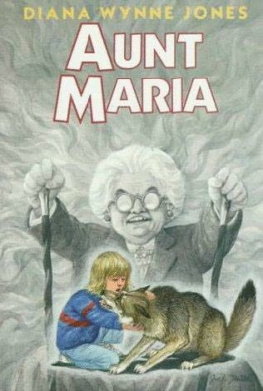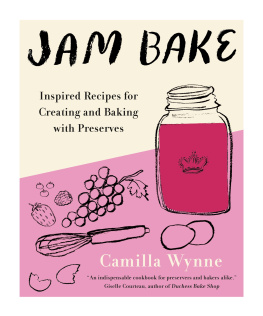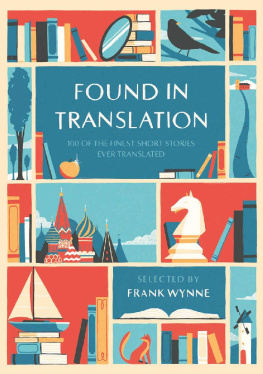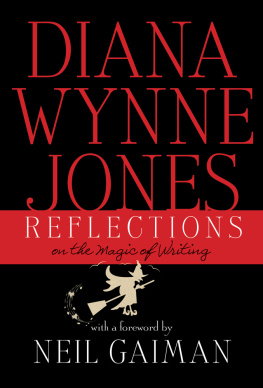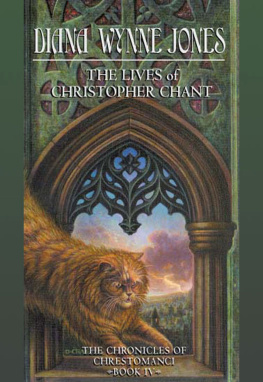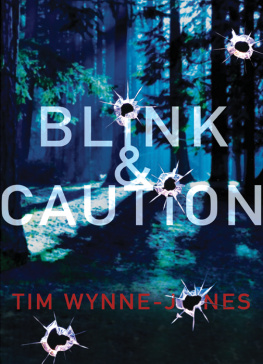Arnold Wynne - The Growth of English Drama
Here you can read online Arnold Wynne - The Growth of English Drama full text of the book (entire story) in english for free. Download pdf and epub, get meaning, cover and reviews about this ebook. year: 1927, publisher: Oxford University Press, genre: Art. Description of the work, (preface) as well as reviews are available. Best literature library LitArk.com created for fans of good reading and offers a wide selection of genres:
Romance novel
Science fiction
Adventure
Detective
Science
History
Home and family
Prose
Art
Politics
Computer
Non-fiction
Religion
Business
Children
Humor
Choose a favorite category and find really read worthwhile books. Enjoy immersion in the world of imagination, feel the emotions of the characters or learn something new for yourself, make an fascinating discovery.

- Book:The Growth of English Drama
- Author:
- Publisher:Oxford University Press
- Genre:
- Year:1927
- Rating:3 / 5
- Favourites:Add to favourites
- Your mark:
- 60
- 1
- 2
- 3
- 4
- 5
The Growth of English Drama: summary, description and annotation
We offer to read an annotation, description, summary or preface (depends on what the author of the book "The Growth of English Drama" wrote himself). If you haven't found the necessary information about the book — write in the comments, we will try to find it.
The Growth of English Drama — read online for free the complete book (whole text) full work
Below is the text of the book, divided by pages. System saving the place of the last page read, allows you to conveniently read the book "The Growth of English Drama" online for free, without having to search again every time where you left off. Put a bookmark, and you can go to the page where you finished reading at any time.
Font size:
Interval:
Bookmark:
The Project Gutenberg eBook, The Growth of English Drama, by Arnold Wynne
almost no restrictions whatsoever. You may copy it, give it away or
re-use it under the terms of the Project Gutenberg License included
with this eBook or online at www.gutenberg.org
Title: The Growth of English Drama
Author: Arnold Wynne
Release Date: July 10, 2006 [eBook #18799]
Language: English
Character set encoding: ISO-8859-1
***START OF THE PROJECT GUTENBERG EBOOK THE GROWTH OF ENGLISH DRAMA***
E-text prepared by Ted Garvin, Taavi Kalju,
and the Project Gutenberg Online Distributed Proofreading Team
(http://www.pgdp.net/)
OF ENGLISH DRAMA
AT THE CLARENDON PRESS
Printed in England
At the Oxford University Press
By John Johnson
Printer to the University
Impression of 1927
First edition, 1914
In spite of the fact that an almost superabundant literature of exposition has gathered round early English drama, there is, I believe, still room for this book. Much criticism is available. But the student commonly searches through it in vain for details of the plots and characters, and specimens of the verse, of interludes and plays which time, opportunity, and publishers combine to withhold from him. Notable exceptions to this generalization exist. Such are Sir A.W. Ward's monumental English Dramatic Literature, and that delightful volume, J.A. Symonds' Shakespeare's Predecessors; but the former extends its survey far beyond the limits of early drama, while the latter too often passes by with brief mention works concerning which the reader would gladly hear more. Some authors have written very fully, but upon only a section of pre-Shakespearian dramatic work. Of others it may generally be said that their purposes limit to criticism their treatment of all but the best known plays. The present volume attempts a more comprehensive plan. It presents, side by side with criticism, such data as may enable the reader to form an independent judgment. Possibly for the first time in a book of this scope almost all the plays of the University Wits receive separate consideration, while such familiar titles as Hick Scorner, Gammer Gurton's Needle, and The Misfortunes of Arthur cease to be mere names appended to an argument. As a consequence it has been possible to examine in detail the influence of such men as Heywood, Udall, Sackville, and Kyd, and to trace from its beginning, with much closer observation than a more general method permits, the evolution of the Elizabethan drama.
I have read the works of my predecessors carefully, and humbly acknowledge my indebtedness to such authorities as Ten Brink and Ward. From Mr. Pollard's edition of certain English Miracle Plays I have borrowed one or two quotations, in addition to information gathered from his admirable introduction. Particularly am I under an obligation to Mr. Chambers, upon whose Mediaeval Stage my first chapter is chiefly based. To the genius of J.A. Symonds I tender homage.
For most generous and highly valued help as critic and reviser of my manuscript I thank my colleague, Mr. J.L.W. Stock.
ARNOLD WYNNE.
South African College ,
Cape Town .
| PAGE |
| CHAPTER I |
| Early Church Drama on the Continent |
| CHAPTER II |
| English Miracle Plays |
| CHAPTER III |
| Moralities and Interludes |
| CHAPTER IV |
| Rise of Comedy and Tragedy |
| CHAPTER V |
| Comedy: Lyly, Greene, Peele, Nash |
| CHAPTER VI |
| Tragedy: Lodge, Kyd, Marlowe , Arden of Feversham |
| APPENDIX |
| The Elizabethan Stage |
| INDEX |
The old Classical Drama of Greece and Rome died, surfeited with horror and uncleanness. Centuries rolled by, and then, when the Old Drama was no more remembered save by the scholarly few, there was born into the world the New Drama. By a curious circumstance its nurse was the same Christian Church that had thrust its predecessor into the grave.
A man may dig his spade haphazard into the earth and by that act liberate a small stream which shall become a mighty river. Not less casual perhaps, certainly not less momentous in its consequences, was the first attempt, by some enterprising ecclesiastic, to enliven the hardly understood Latin service of the Church. Who the innovator was is unrecorded. The form of his innovation, however, may be guessed from this, that even in the fifth century human tableaux had a place in the Church service on festival occasions. All would be simple: a number of the junior clergy grouped around a table would represent the 'Marriage at Cana'; a more carefully postured group, again, would serve to portray the 'Wise Men presenting gifts to the Infant Saviour'. But the reality was greater than that of a painted picture; novelty was there, and, shall we say, curiosity, to see how well-known young clerics, members of local families, would demean themselves in this new duty. The congregations increased, and earnest or ambitious churchmen were incited to add fresh details to surpass previous tableaux.
But the Church is conservative. It required the lapse of hundreds of years to make plain the possibility of action and its advantages over motionless figures. Just before this next step was taken, or it may have been just after, two of the scholarly few mentioned as having not quite forgotten the Classical Drama, made an effort to revive its methods while bitting and bridling it carefully for holy purposes. Some one worthy brother (who was certainly not Gregory Nazianzene of the fourth century), living probably in the tenth century, wrote a play called Christ's Passion, in close imitation of Greek tragedy, even to the extent of quoting extensively from Euripides. In the same century a good and zealous nun of Saxony, Hroswitha by name, set herself to outrival Terence in his own realm and so supplant him in the studies of those who still read him to their souls' harm. She wrote, accordingly, six plays on the model of Terence's Comedies, supplying, for his profane themes, the histories of suffering martyrs and saintly maidens. It was a noble ambition (not the less noble because she failed); but it was not along the lines of her plays or of Christ's Passion that the New Drama was to develop. It is doubtful whether they were known outside a few convents.
In the tenth century the all-important step from tableau to dialogue and action had been taken. Its initiation is shrouded in obscurity, but may have been as follows. Ever since the sixth century Antiphons, or choral chants in which the two sides of the choir alternately respond to each other, had been firmly established in the Church service. For these, however, the words were fixed as unchangeably as are the words of our old Psalms. Nevertheless, the possibility of extending the application of antiphons began to be felt after, and as a first stage in that direction there was adopted a curious practice of echoing back expressive 'ah's' and 'oh's' in musical reply to certain vital passages not fitted with antiphons. Under skilful training this may have sounded quite effective, but it is natural to suppose that, the antiphonal extension having been made, the next stage was not long delayed. Suitable lines or texts (tropes) would soon be invented to fill the spaces, and immediately there sprang into being a means for providing dramatic dialogue. If once answers were admitted, composed to fit into certain portions of the service, there could be little objection to the composition of other questions to follow upon the previous answers. Religious conservatism kept invention within the strictest limits, so that to the end these liturgical responses were little more than slight modifications of the words of the
Next pageFont size:
Interval:
Bookmark:
Similar books «The Growth of English Drama»
Look at similar books to The Growth of English Drama. We have selected literature similar in name and meaning in the hope of providing readers with more options to find new, interesting, not yet read works.
Discussion, reviews of the book The Growth of English Drama and just readers' own opinions. Leave your comments, write what you think about the work, its meaning or the main characters. Specify what exactly you liked and what you didn't like, and why you think so.


